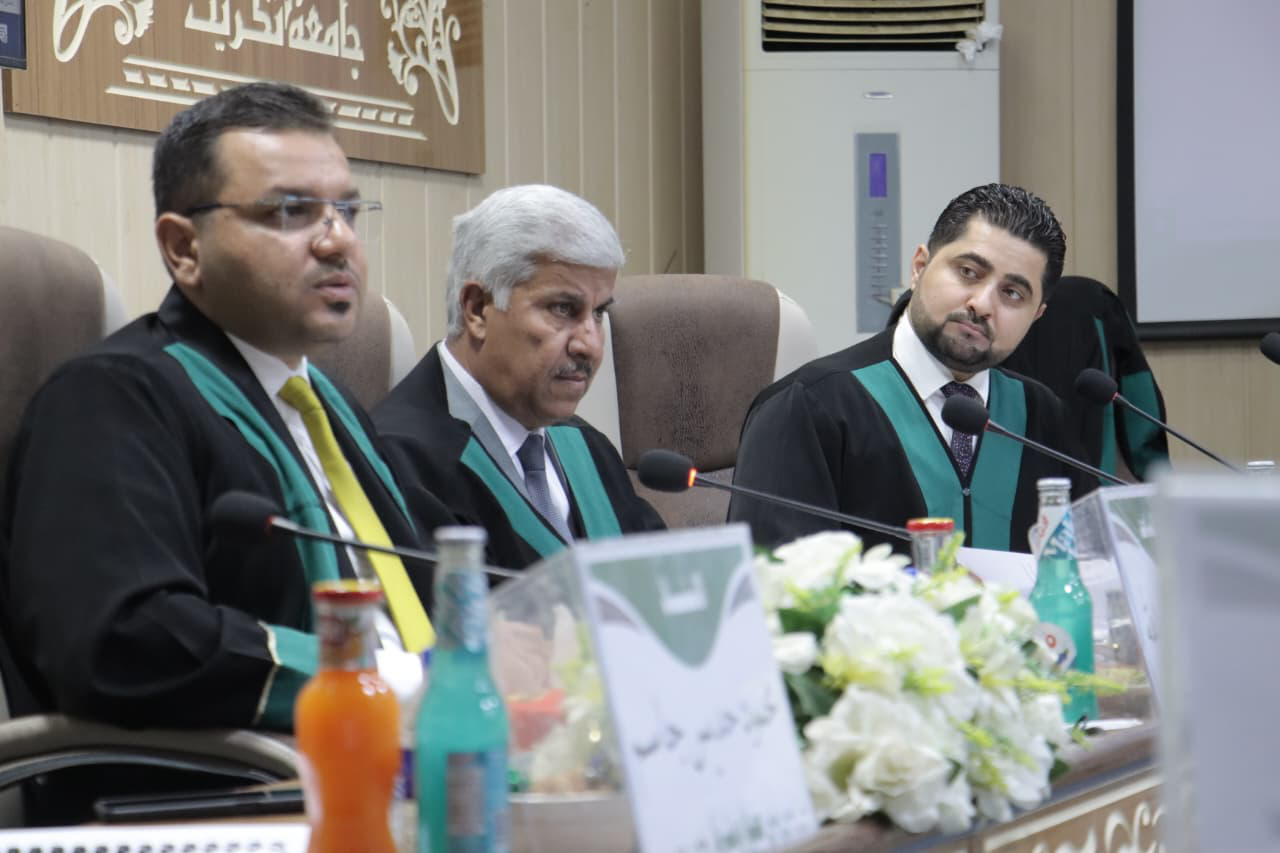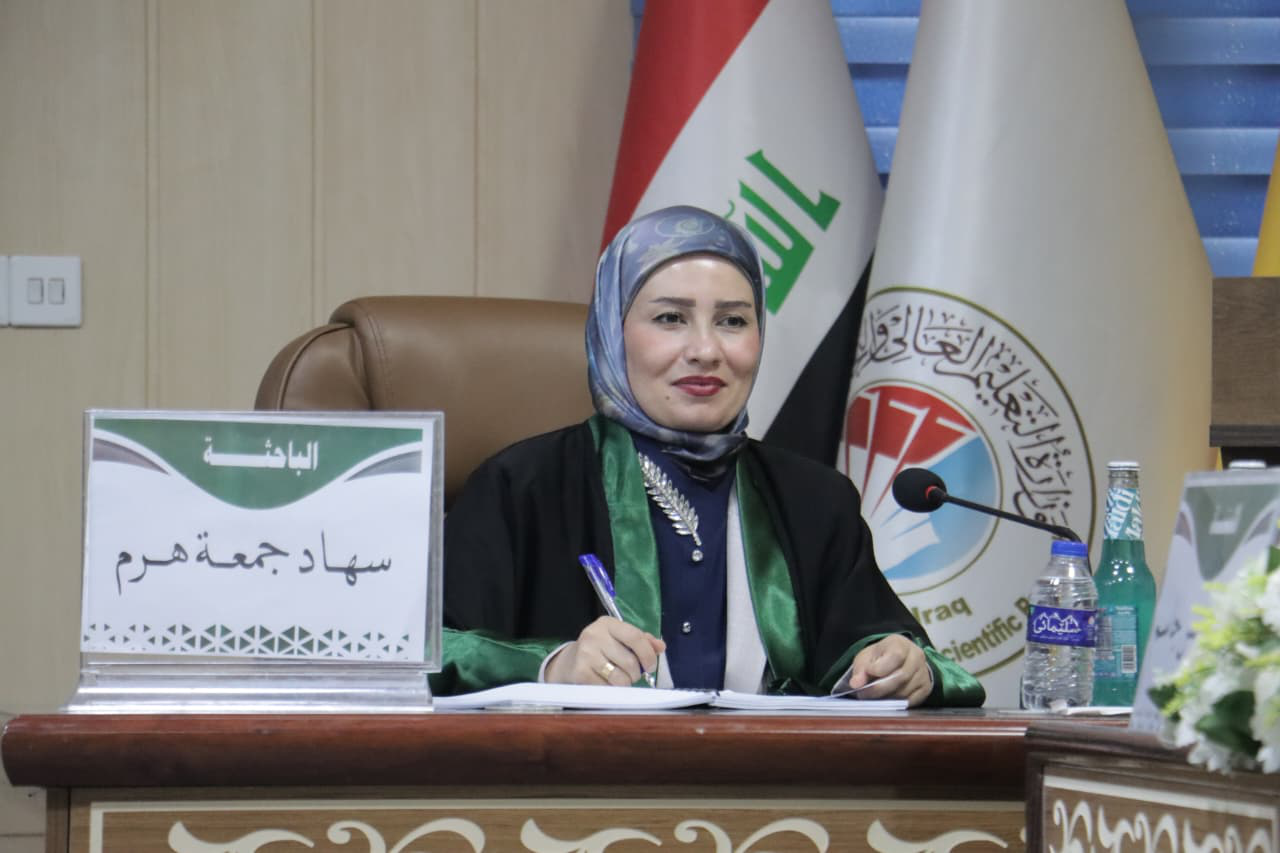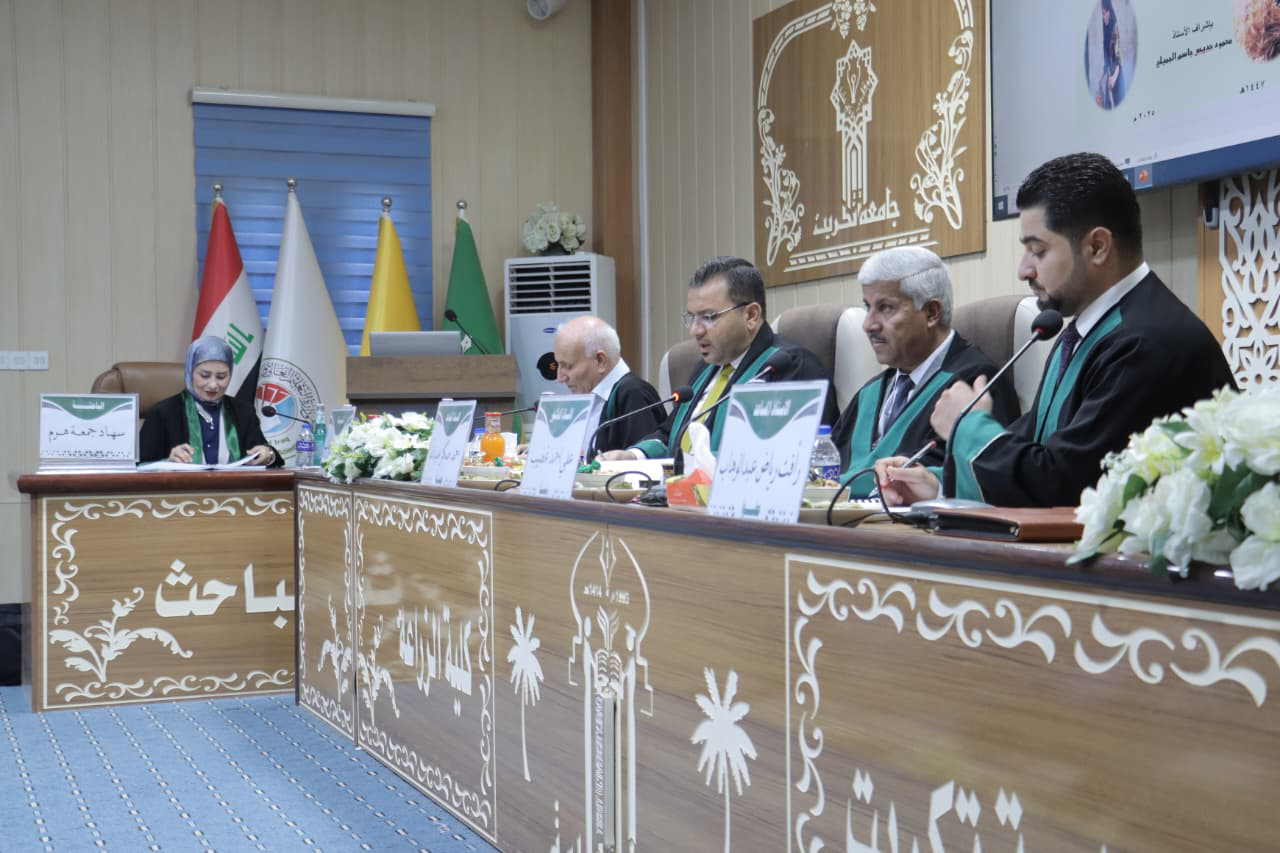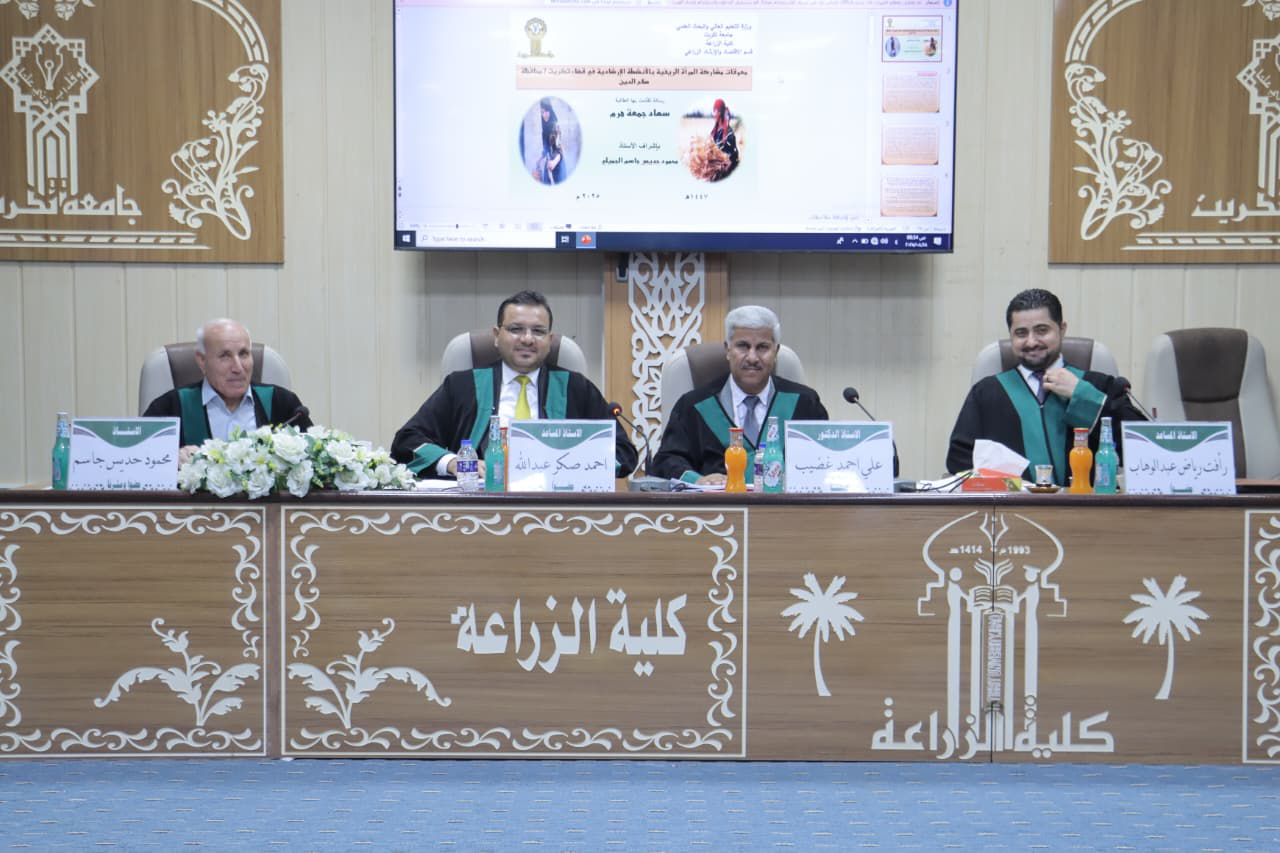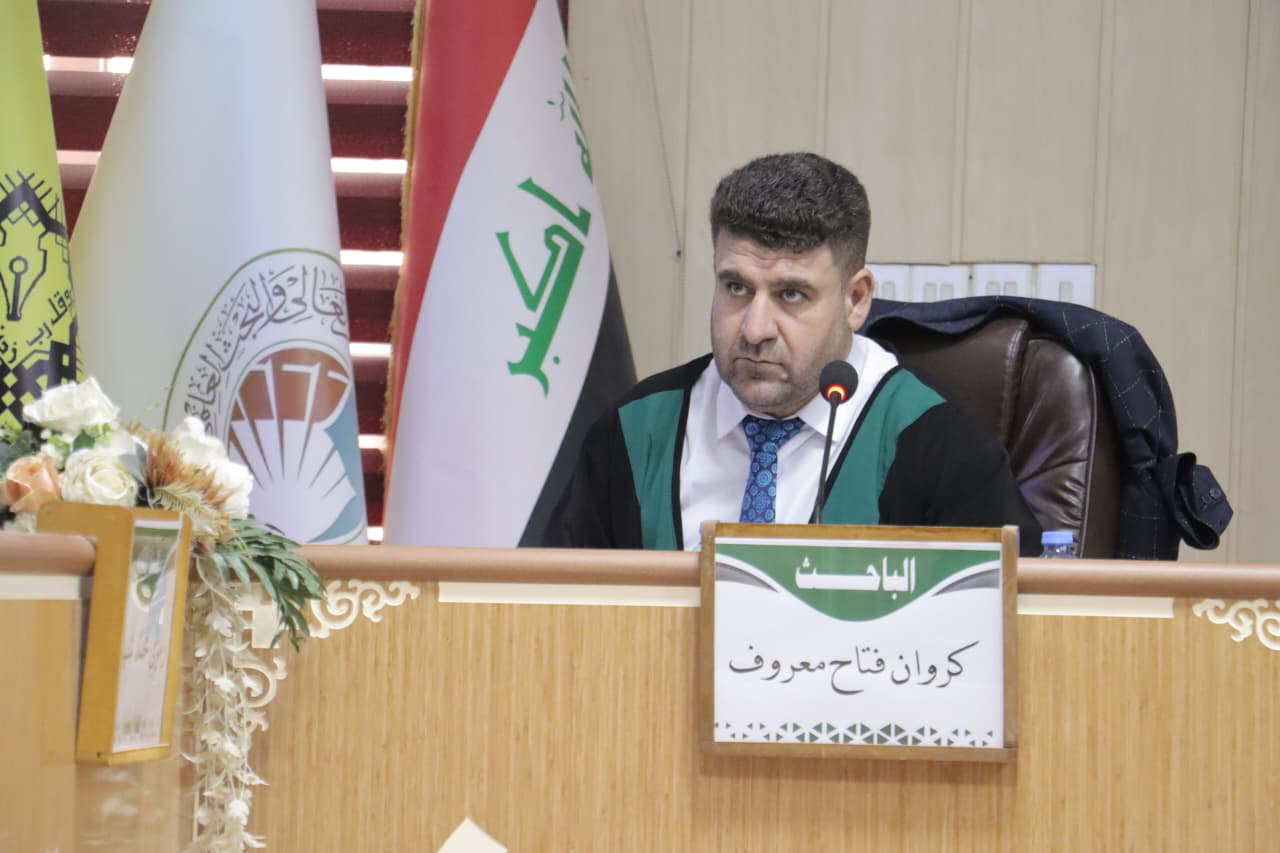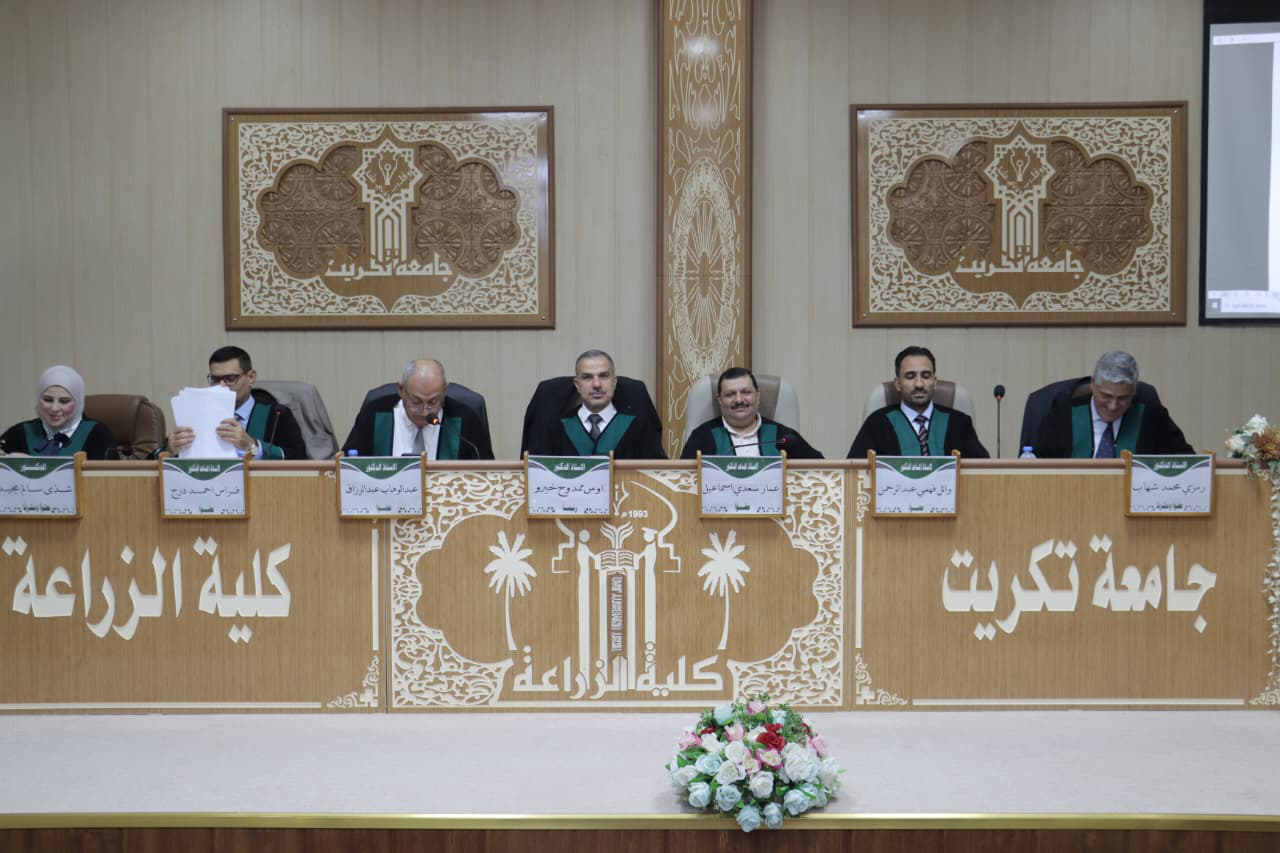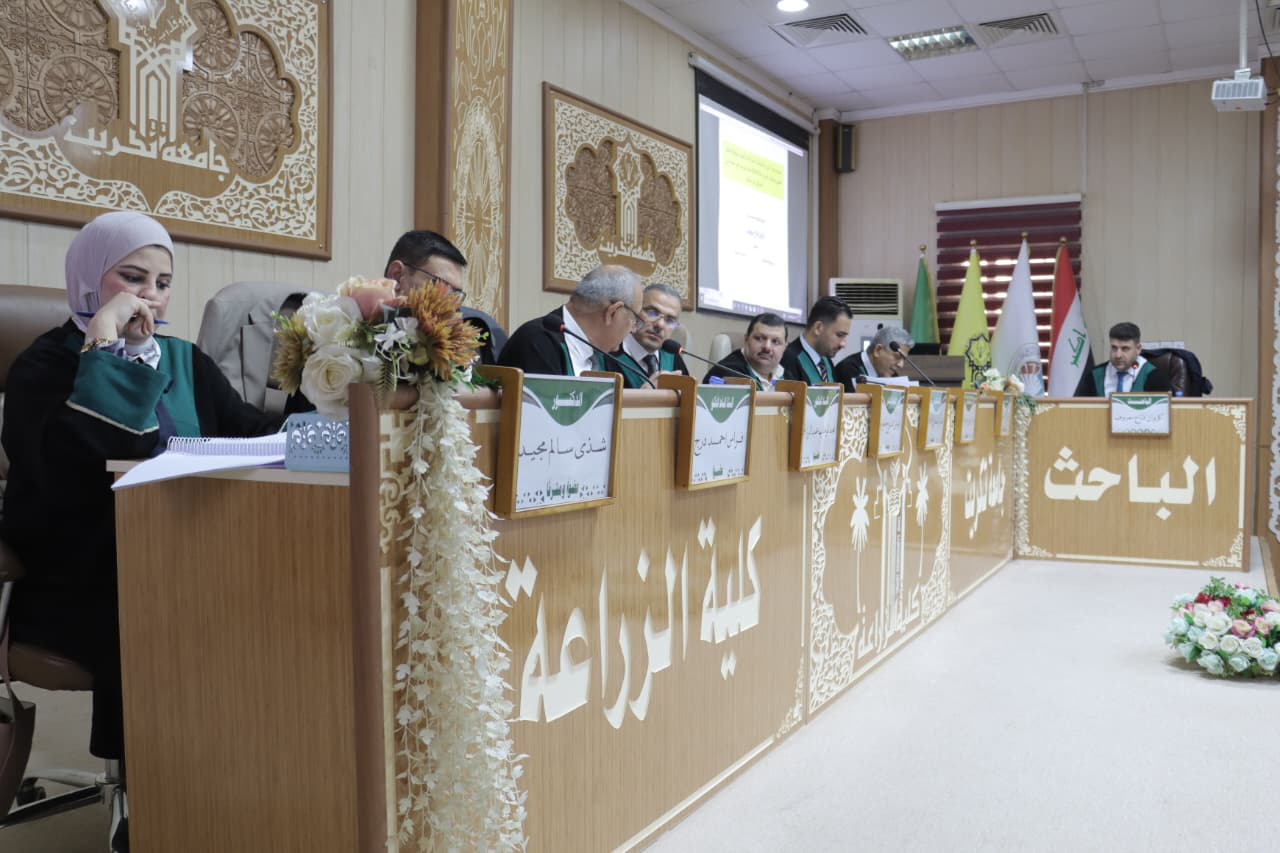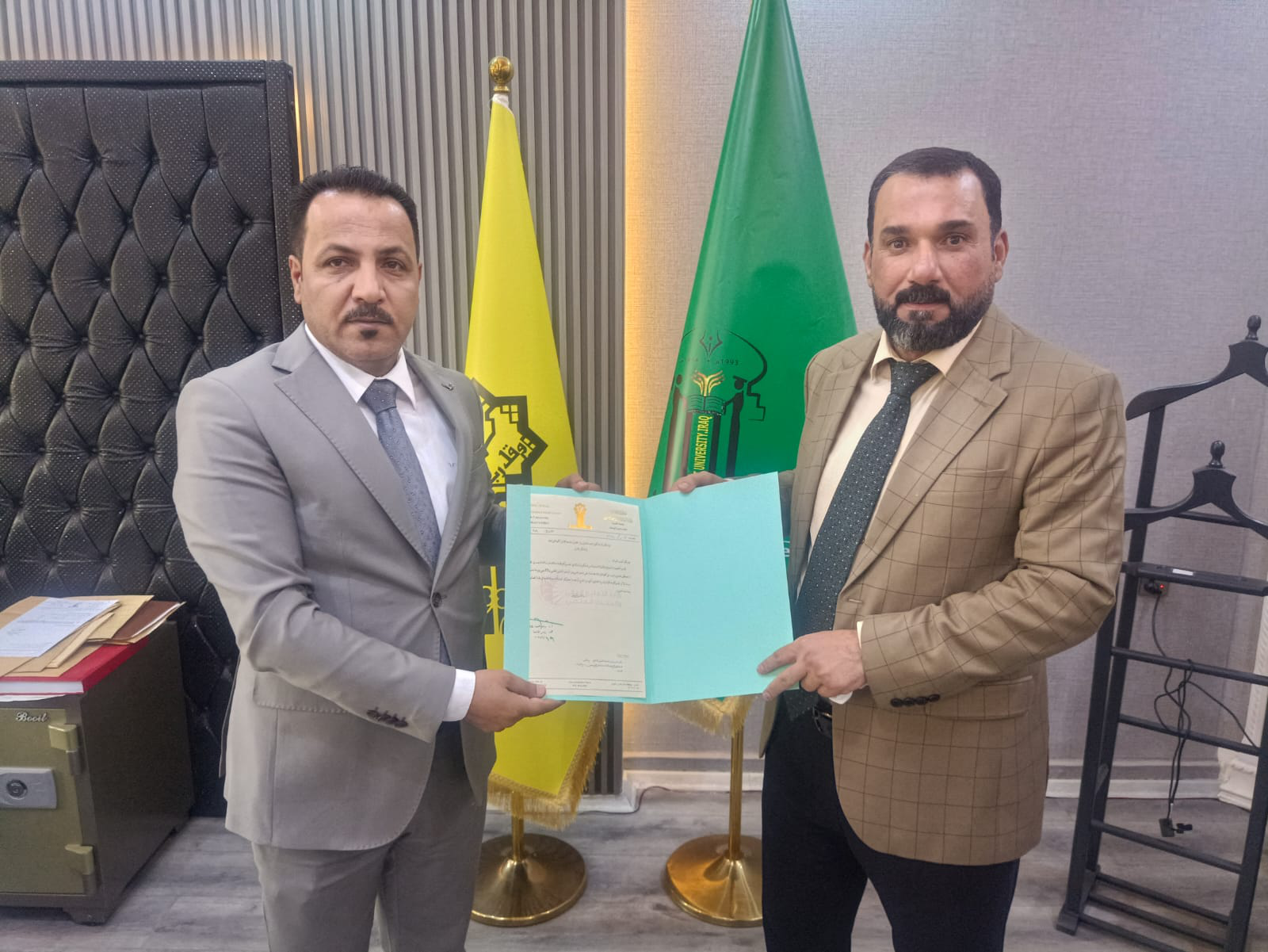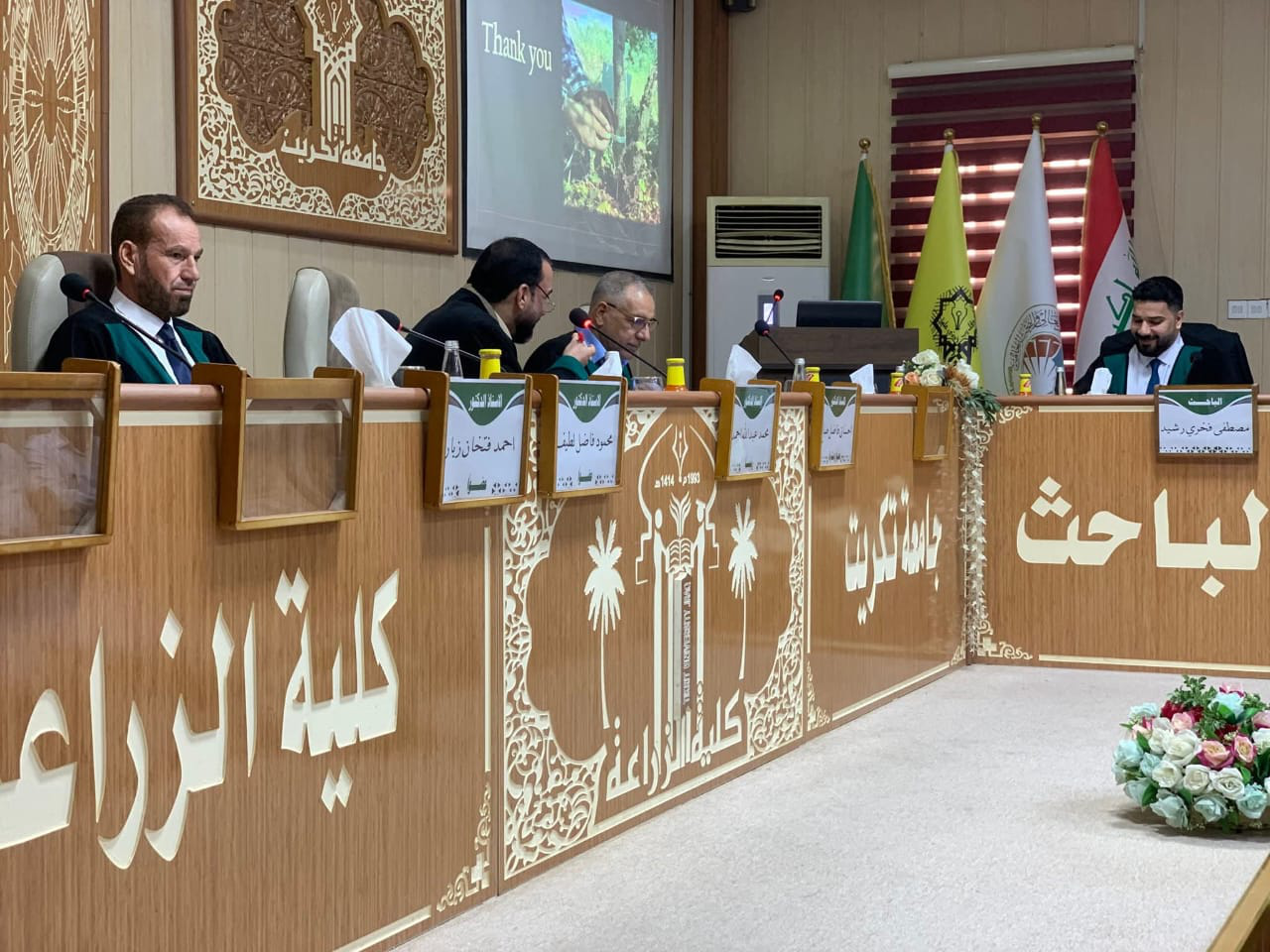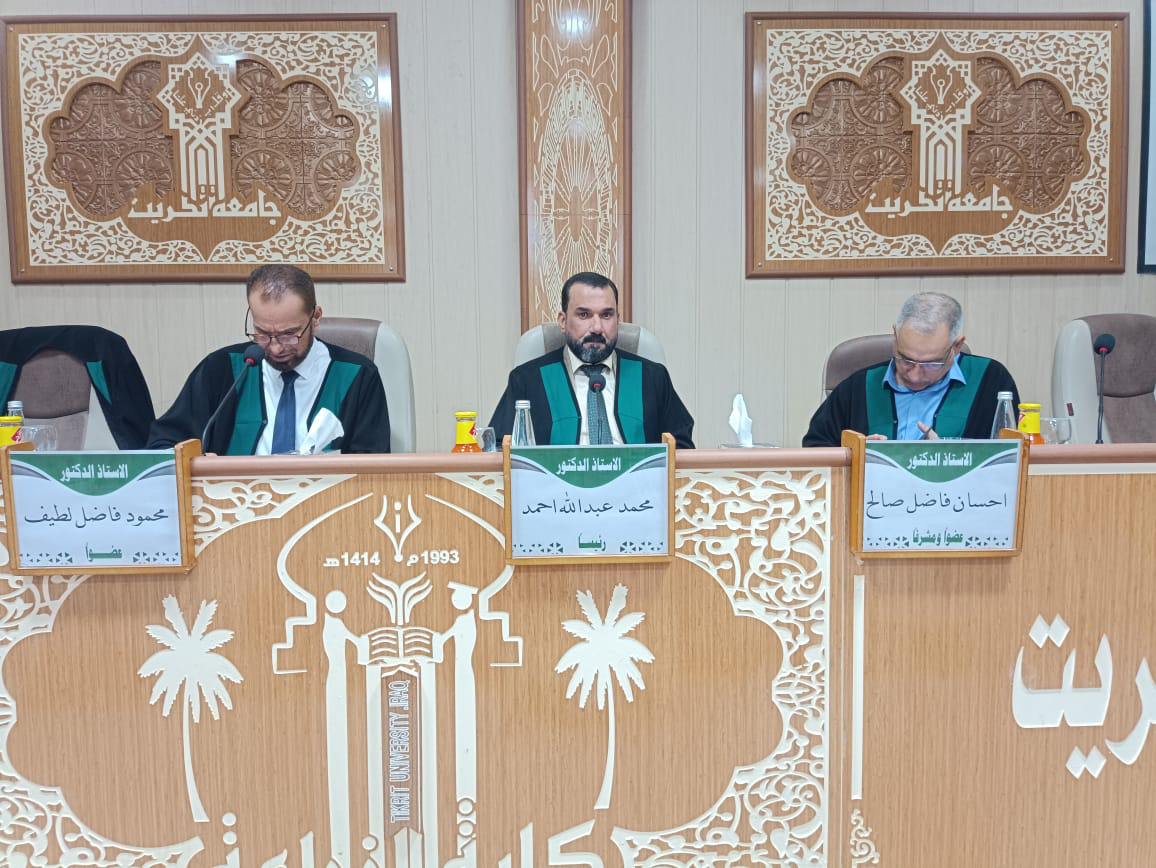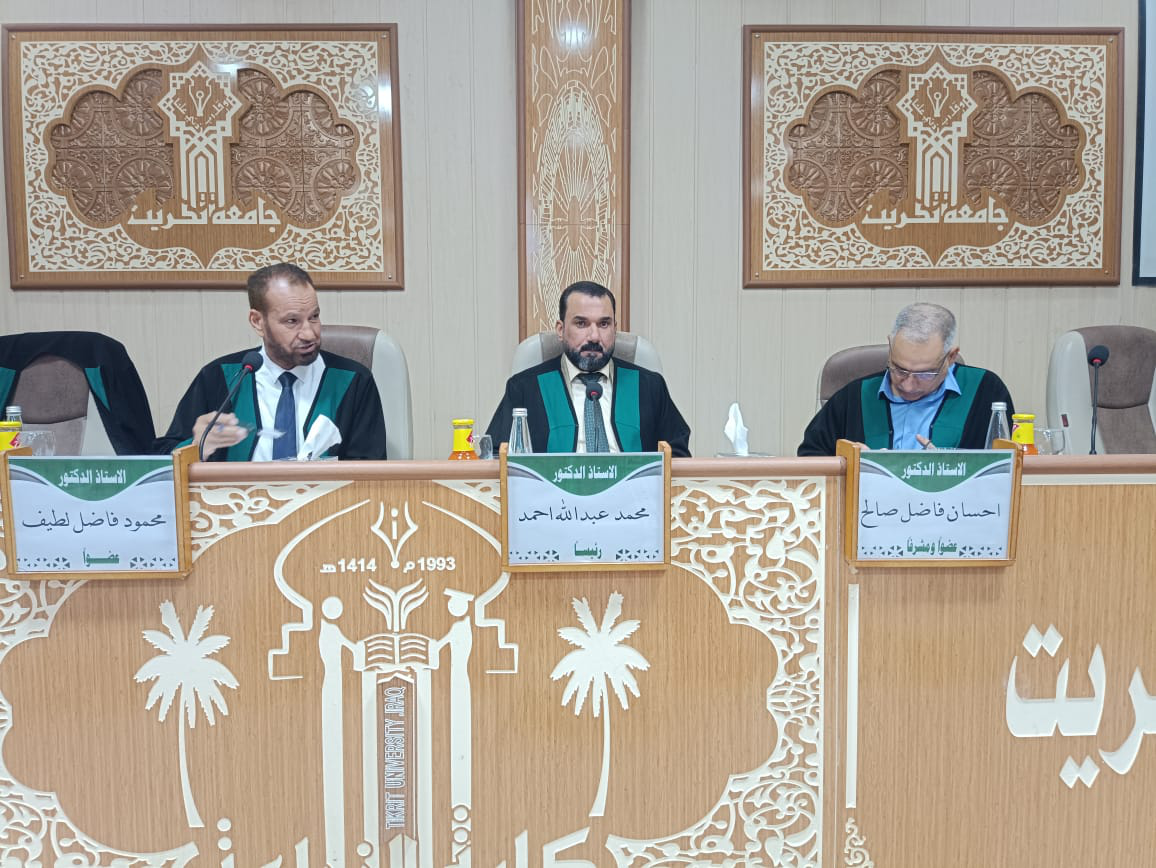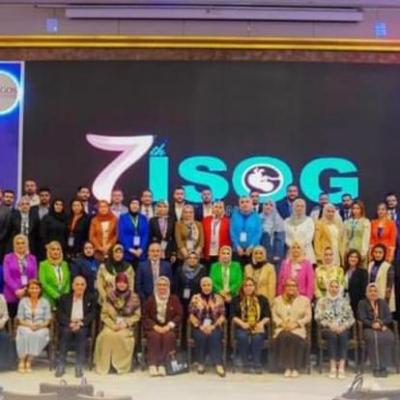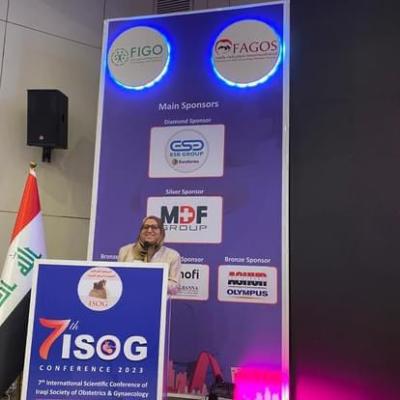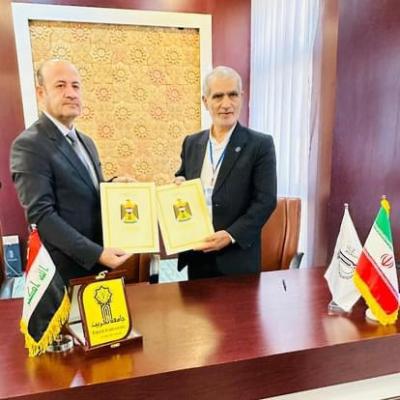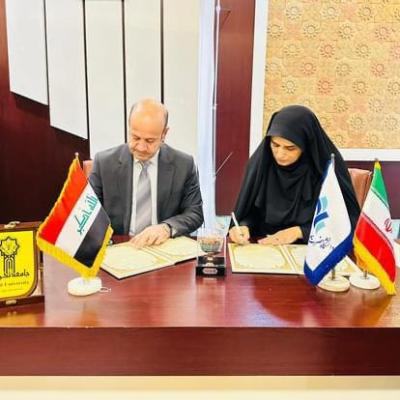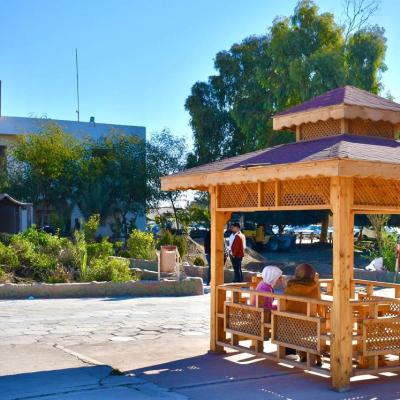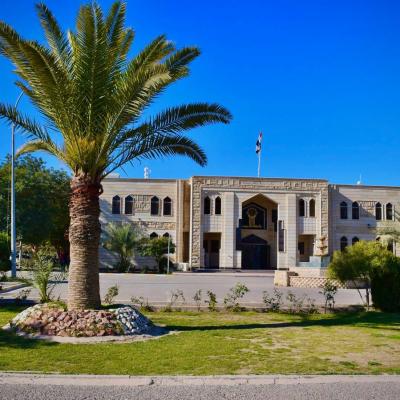In the presence of Assistant Professor Dr. Sami Khudhur Saeed, Dean of the College of Agriculture, a Master’s thesis was defended at the Department of Plant Protection by the student Hashim Mohammed Hassan, entitled:
“Evaluation of Certain Integrated Pest Management (IPM) Approaches Against Root-Knot Disease of Eggplant Caused by Meloidogyne spp.”
Root-knot disease of eggplant caused by Meloidogyne spp. is considered one of the most serious pathological problems, leading to significant yield reduction as a result of impaired water and nutrient uptake. The evaluation of integrated pest management (IPM) strategies relies on combining cultural, biological, chemical, and managerial methods to achieve high effectiveness while minimizing reliance on pesticides.
1. Cultural Methods
-
Crop rotation: Planting non-host crops (such as cereals: wheat, barley, and maize) reduces nematode population density and improves soil fertility.
-
Soil solarization: Covering the soil with transparent plastic during summer for 4–6 weeks significantly decreases nematode populations (with reduction rates reaching 70–90%).
-
Application of organic amendments: Well-decomposed farmyard manure, compost, or poultry litter improve soil properties and promote the growth of antagonistic organisms against nematodes.
-
Resistant cultivars: Planting resistant or tolerant eggplant varieties provides positive results, though availability remains limited.
2. Biological Control Methods
-
Fungi (Paecilomyces lilacinus, Trichoderma spp.): Attack nematode eggs and larvae, reducing infection rates.
-
Bacteria (Pasteuria penetrans): An obligate parasite of nematode juveniles, limiting their reproduction.
-
Plant growth-promoting rhizobacteria (PGPR), e.g., Pseudomonas fluorescens: Enhance the plant’s natural resistance and mitigate infection damage.
Combined evaluation indicates that these methods provide cumulative benefits, especially when integrated with organic fertilization and solarization.
3. Chemical Methods
-
Nematicides (e.g., Oxamyl, Cadusafos): Effective in reducing nematode populations and improving plant growth; however, they are costly and pose environmental and health risks.
-
Recent recommendations favor their restricted use as part of an integrated program, particularly under high initial nematode infestation levels.
4. Economic and Productive Evaluation
-
Integrating solarization, organic amendments, and biological agents produces results comparable to chemical nematicides alone, but at lower costs and with positive environmental impact.
-
In some experiments, eggplant yield increased by 30–50% under integrated management programs compared to untreated infected controls.
-
The integrated approach reduces dependence on pesticides, thereby ensuring economic feasibility and environmental sustainability.
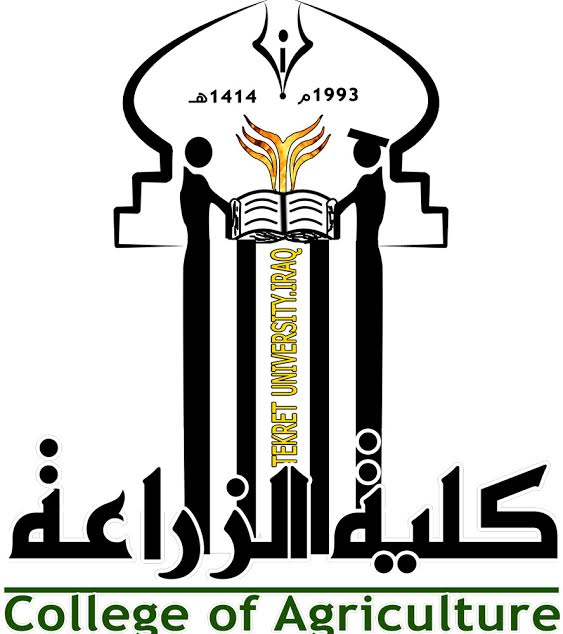
.png)
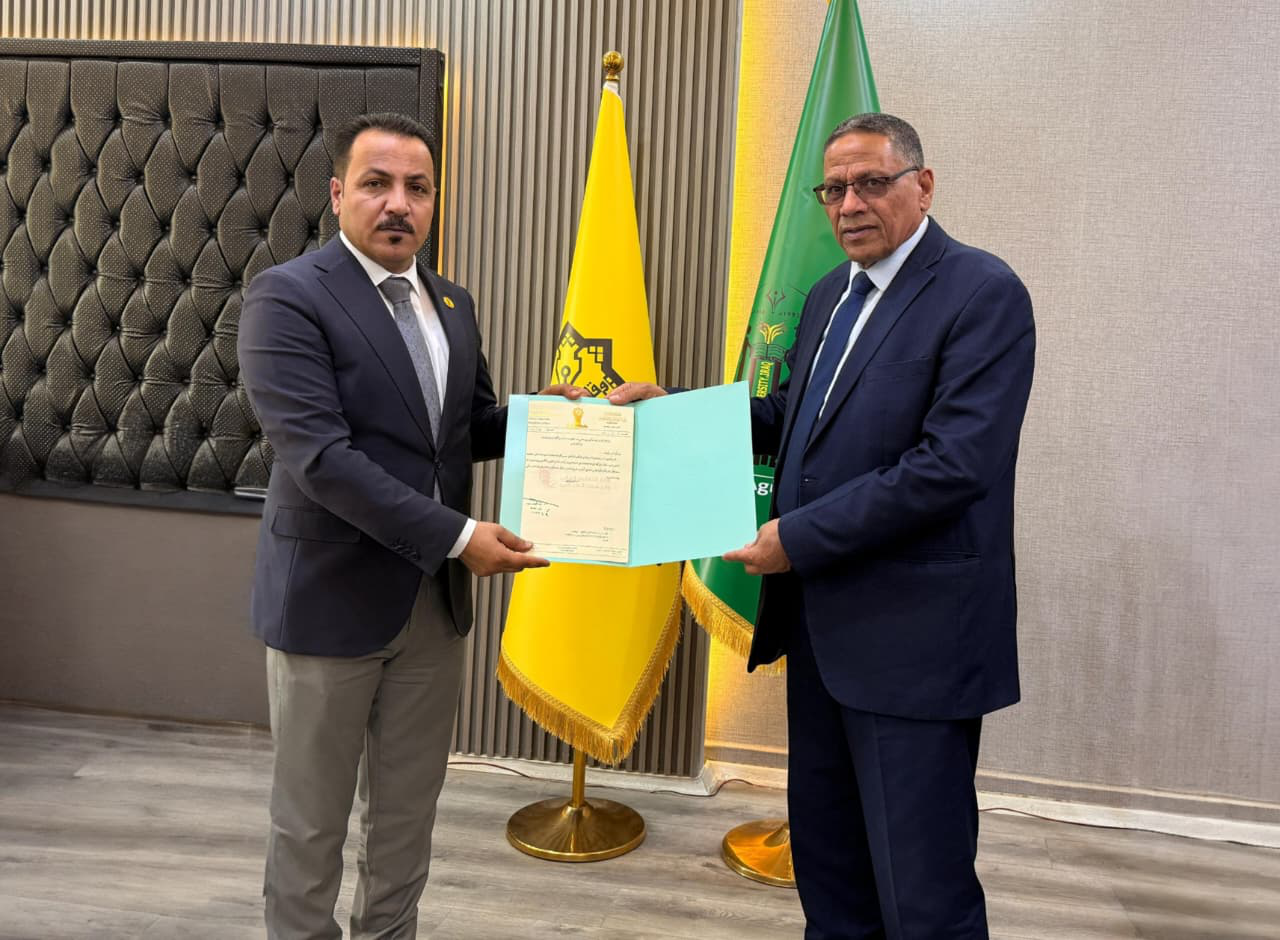
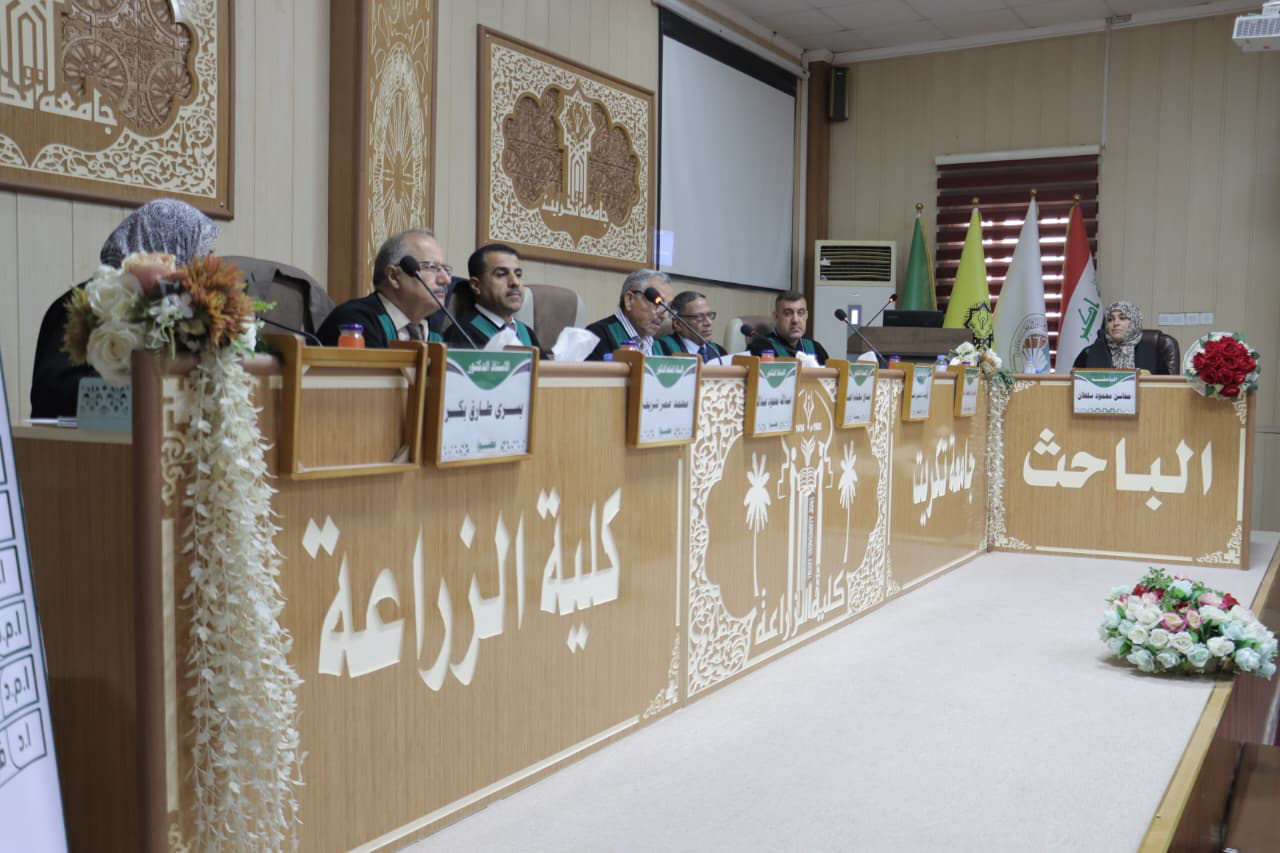
.png)
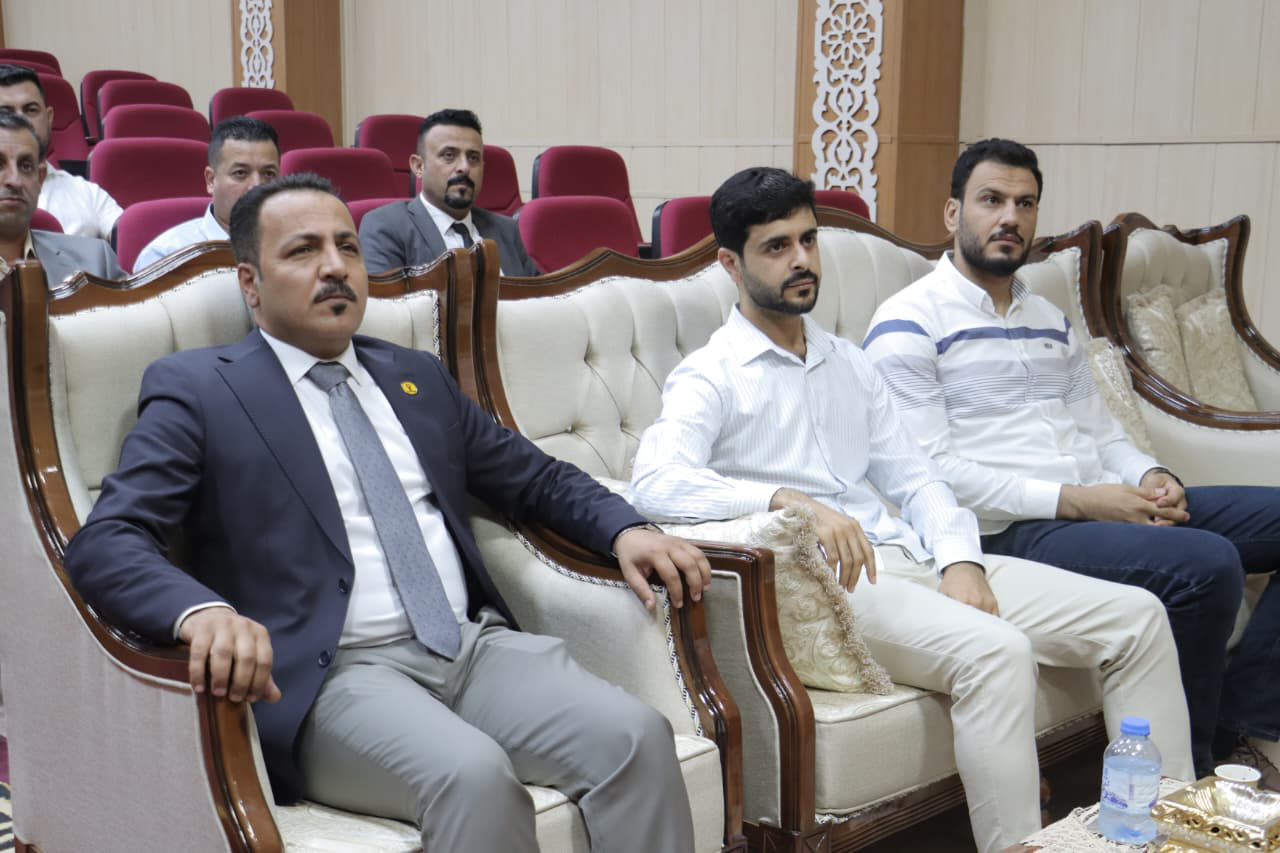
.png)
.png)
.png)
